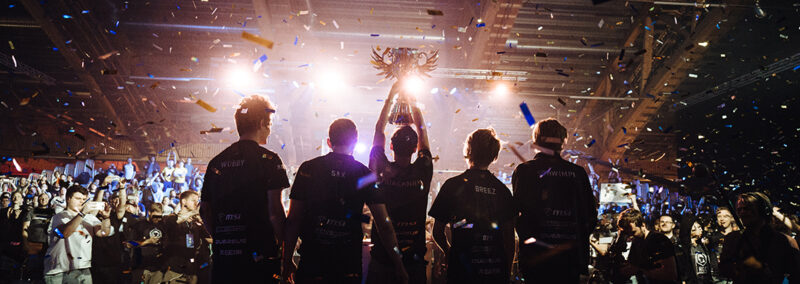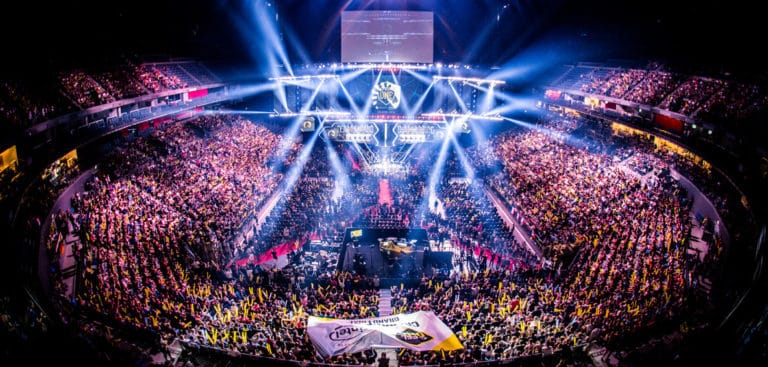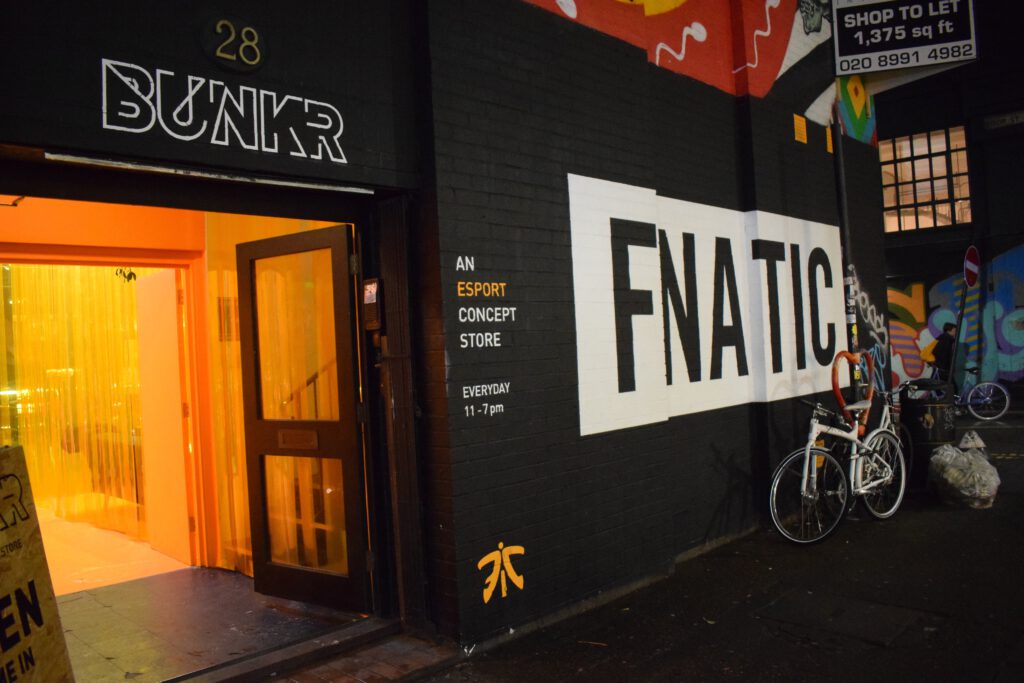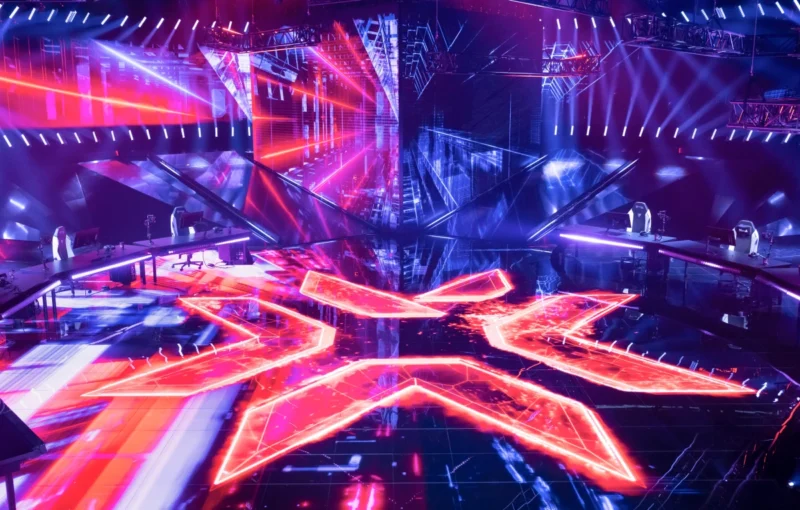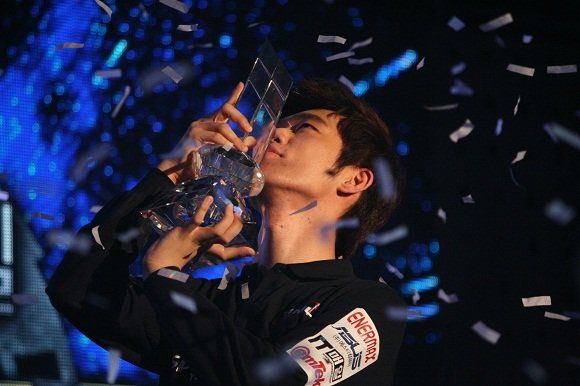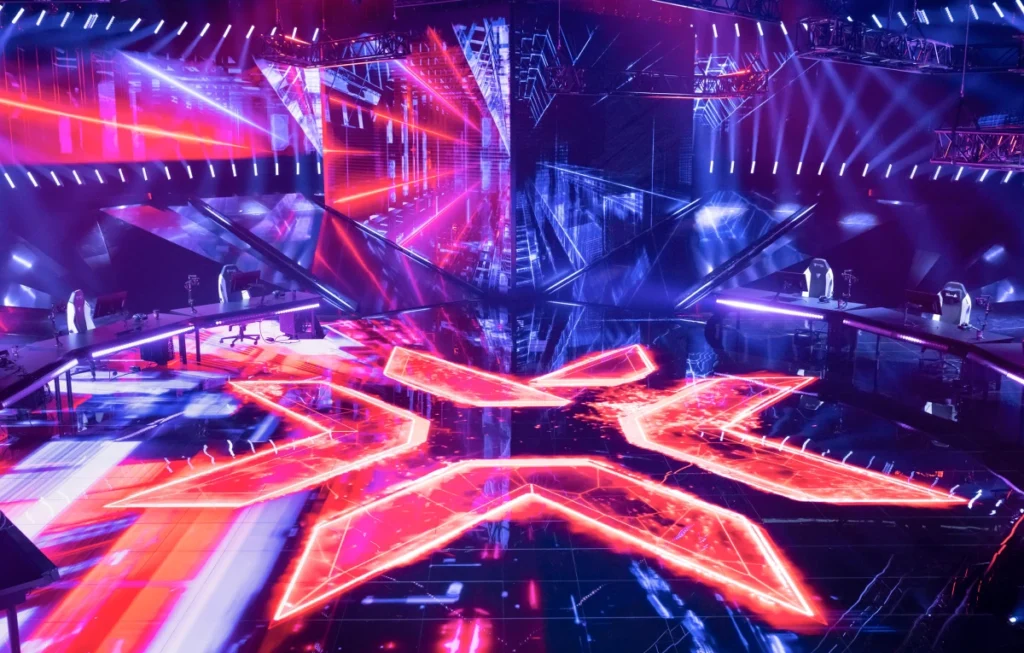It’s time to write about the esports economic crisis, also called the esports winter. It is the year 2023 and esports teams and companies are struggling. Why? Let’s talk about it.
Esports teams naturally have some struggles when it comes to keeping the business afloat compared to other industries and even traditional sports. The esports industry is a lot more uncertain, due to the life cycles of esports titles, the longevity of professional player careers, players often being underaged and other factors. It makes it harder for organizations as well as investors or sponsor brands to plan long term, when it is not clear if the game will still be played in a year from now.
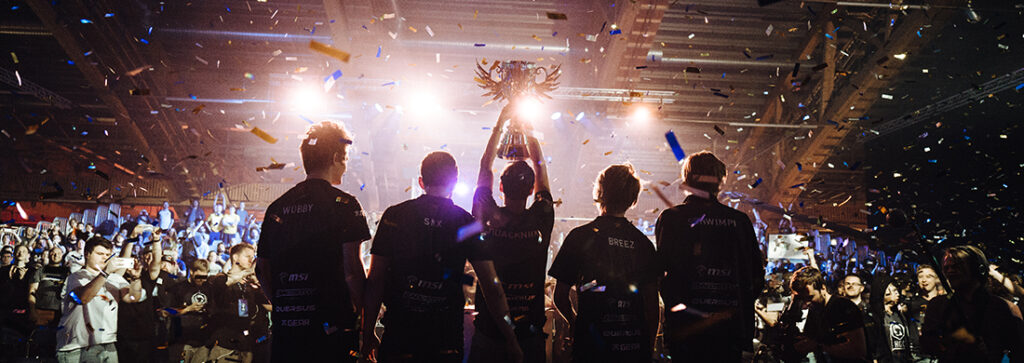
The Covid-19 pandemic had a bigger impact to the esports industry than you may think in the beginning. While the esports audience grew because everyone was at home and able to watch the events (now being played online). But with events moving from offline to online and less ticket sales, revenue generation in esports took another hit with sponsors having smaller budgets. Even though the audience was growing, Investors carefully considered their ventures into esports.
The same is now true for the 2022 global recession. What is a recession?:
Things get more expensive to produce. In order to stay afloat with their business, business owners will likely do some of the following: increase prices, reduce salaries, lay off people. Reduced salaries, increased prices and less jobs also lowers the buying power and even the will to buy for consumers. Everyone is pretty much turning their pennies around three times and considering deeply before they spend it. Less spending also means less revenue for those business owners, which is kind of like a spiral that keeps going. Usually the economy is recovering after every recessional phase.
With covid and the recession, we are now in the third year in a row where esports stakeholders (organizations, tournament organizers, sponsors, investors and fans) are thinking two or three times if they are really making an investment they intended to do or rather don’t. Now if you look at esports revenue generation, you have to ask where the money for organizations is coming from and how they are paying their players and staff. This could be a post of its own, but I will break it down here briefly. Let’s talk about the big 3:
- Prize Money: Orgs take a cut, which is less than 50% and in most cases even lower than 25%.
- Sponsors: They go on shirts, connect with a big audience via broadcast and pay money for that, this has been the dominant revenue source for most esport teams for the past decades.
- Investments: Angel Investors or VC investing into esports for whatever reason (altruistic or wanting to make more money). They are usually looking to make a return on their investment
Other revenue sources have been experimented with in the past, for example membership programs where fans become members for a monthly fee or even crowdfunding in some forms. But they are not really common compared to the big 3 just mentioned. All of them have taken a hit over the last couple of years.
Prize Money seems to be in decline. If you compare the prize money for Dota’s The International over the past 5 years, you see a change with the most recent iteration in 2022. While the total amounts of prize money still grew until 2021 (there was no TI in 2020 due to Covid), prize money for 2022 got pretty much cut in half.
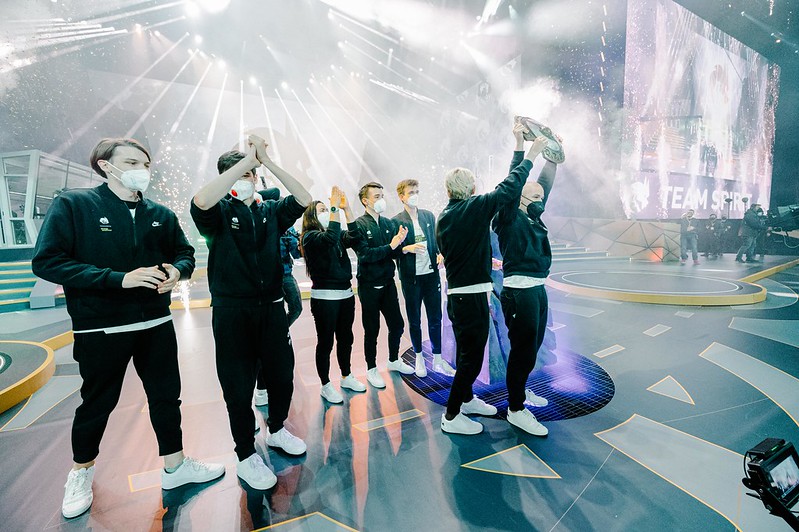
Sponsors have less marketing budget they can use for things like esports, so they are more selective who they sponsor and often with less budget. Of course there have been exceptions such as the big crypto deals during the Covid Pandemic, but in general it got harder and harder over the last couple of years to land significant sponsorship deals for teams.
Investors are also looking for returns. If the entire market loses (and look at the numbers for 2022, the popular MSCI World ETF lost around 13% on average for the year 2022), chances are your stock in an esports team is also losing value. Investors asking themselves the same questions we do right now: How sustainable is the esports industry? Is it worth investing and what will the return be (or when it will come)?
We looked at revenue sources, but it is important to remember how much esport teams are spending. the biggest factor player salaries: The average salaries at the top level of European League of Legends saw a yearly increase of 80% over the period from 2015 to 2020. The salaries have stagnated since then however, but it is still a big cost to consider for every organization Other costs that organizations have are in producing, paying staff, travel costs, rent, it’s a bunch of things. Most big orgs are in the red, and not only by a little bit, but by millions.
What has to change? The esports industry has to look at diversifying their revenue streams. Given global economic issues, that is not that easy. Monetizing the audience the right way is hard, especially in a recession. We’ve seen some sort of membership programs already from teams, or initiatives that were close to crowdfunding. But for us as consumers that is always a bit difficult to look at when prices are increasing everywhere and we’re overthinking our spend.
So is esports dying? No, but some teams may close their doors as we already see. The recession will pass, and economy will rise again. Hopefully esport teams are looking at other ways to monetize and are getting creative. But overall we’re seeing a bit of a correction. The bubble is not bursting but it is showing cracks and we may be able to take some air out and make it a more sustainable industry.
